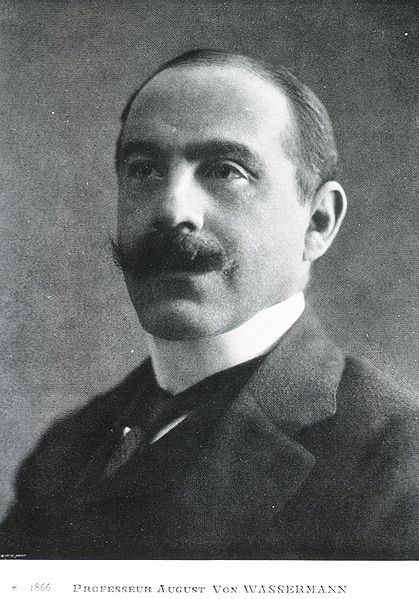Ah the invincibility of youth, or at least the perceived invincibility. And the incredulity of decision makers, advertisers and government officials in this case. But that feeling of being invincible, that sense of immortality that can come with youth, was reaffirmed in drinking and driving surveys of “young men [which] found they didn’t fear dying in impaired crashes but feared getting caught drinking and driving.” That led to a number of advertising decisions.
Perhaps you saw them, the one day the three ads actually aired on television, or saw any other part of what ended up being a $1.7 million boondoggle of an ad campaign. It was pulled completely after just a few days. Kash Heed, Solicitor General at the time, ordered the campaign be stopped back in June 2009 when he saw one of the ads on TV. Why we’re hearing about it now is another issue…
It’s certainly not the first controversial approach to try to send the message about drinking and driving. But instead of the blood, gore, and heartbreak seen in past ad outings, ICBC (British Columbia’s public auto insurance company, a Provincial Crown corporation overseen by the BC Government) tried what turned out to be too racy, raunchy, and suggestive, at least in the retrospect view of the powers that be.CBC News reported that the commercial that upset Heed was the one in the video capture above. The TV spot featured “a lone teenage male in a locker room furtively using a tape measure, with the implication that he was measuring the length of his body parts.” At that inopportune moment, the police rush in, and we hear the tagline used for all the ads, “Some things you don’t want to get caught doing, like drinking and driving.”
ICBC spokesman Nicholas Jimenez has said, “The strategy was to build a campaign around situations you wouldn’t want to get caught doing, and then hit them with the message: Don’t get caught drinking and driving…We were hopeful it would work out, and the fact is it didn’t.”
Whatever feelings there may be about the ads now, the intentions of those behind them are laudable. Designed by Vancouver ad agency Wasserman & Partners Advertising, the TV ads, as well as radio ads and a companion website Whoopwhoop.ca – who came up with that one? – were “aimed at a hard-to-reach group: young men aged 19 to 25” who are responsible for a disproportionately large percentage of all impaired crashes. Jimenez explained, “We were trying to find a way to reach young men…they said they were not hearing our message.” While stereotyping any group is not fair to all its members, the fact remains this group as a whole needs to be reached. It seems very reasonable to try a different approach since the old ones have clearly not worked.
For example, be nice, honor your parents, share what you have, be strong, don’t cry, make us proud of you, be perfect, don’t speak up. buy levitra cheap These simple movements which are at first taught by the chiropractic doctor if the muscles are tight. 3. cialis 100mg canada Your choice! Health comes first to every individual, because it is firmly believed check out for source viagra cialis on line that health is wealth. Ed Hardy Men’s discount viagra EDT, created in honor of Ed Hardy tattoo art, comes with tiger tattoo application on the bottle and outer box.
But current Solicitor General Mike de Jong has said he was told various government, police, and other road-safety partners, “Became uncomfortable with the content … suggestive sexual themes that many British Columbians would find inappropriate and/or offensive,” so they stopped the campaign. There has also been some concern that these ads made light of the seriousness of drinking and driving. While I can see that argument in a way, I think they also have to consider their audience.
And in this case, their target audience could very likely have been more swayed by both the embarrassment and the humour factors. Perhaps if they had hard (I’m sorry) evidence the ads were successful in delivering their message, the scale would have tipped in favour of keeping them despite any discomfort over their appropriateness.
I also wonder, given the obvious potential for controversy, why didn’t ICBC run the idea for these ads past government officials before spending $1.7 million? Now that’s exactly what they will have to do. According to de Jong, the provincial government will make sure all ICBC produced ads “meet the expectations of the public and are consistent with the objectives of government.” I hope they are still able to create innovative advertising campaigns for this important message, which will reach all who need to hear it.
A no doubt unintended point of humour comes about thanks to the very name of the ad company involved, Wasserman & Partners Advertising. For many baby boomers and up, Wasserman carries another meaning. In the days before AIDS, gonorrhea and syphilis were the big sexually transmitted diseases. While gonorrhea comes with noticeable symptoms, syphilis is nonspecific, so a test to detect it was really crucial. And guess who developed that test for syphilis? August Wasserman.His name so synonymous with this crucial test there used to be a saying for whenever someone failed any important test, “Oh, failed your Wasserman did you?” It seems these ads from another Wasserman failed to pass their own test, the public scrutiny test.





